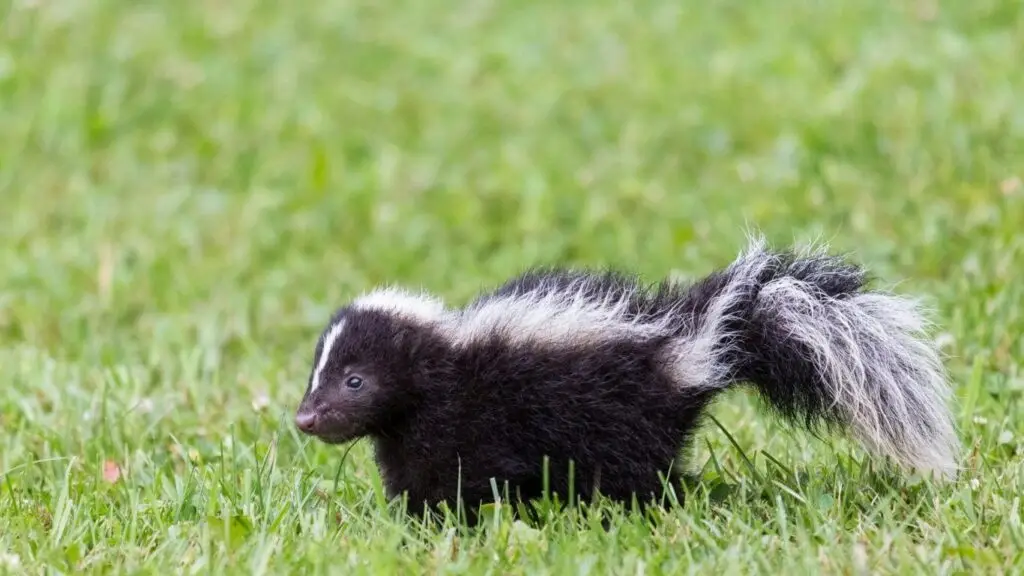All About Skunks
Identification, Prevention and Removal
Skunks are common yard pests in Canada, easily recognized by their black-and-white coloring and strong odor. Though generally shy, they can become a nuisance when they settle near homes or businesses. Since they’re fur-bearing mammals, their control is regulated under the Canada Wildlife Act. Here’s how to identify, prevent, and safely manage skunks on your property.

Identifying Skunk Dens
Skunks don’t hibernate but take shelter in abandoned burrows, hollow logs, or under decks, sheds, and crawlspaces. They may also hide in rock piles, wood stacks, or under porches. In winter, skunks sometimes gather in large groups, with dens housing up to 20 at a time. Signs of an active den include:
A strong skunk odor
Freshly dug soil
Droppings nearby
Why Do Skunks Spray?
Skunks spray when threatened—it’s their primary defense. Their spray is a sulfur-based oil that can linger for days on skin, clothes, or fur.
How to Avoid Skunk Spray
A skunk can spray up to six times in a row, reaching 4–6 meters. Watch for warning signs like:
Stomping front feet
Raising their tail
Hissing or growling
Sudden short charges
If you see these, slowly back away—and keep pets clear. For safe skunk avoidance, contact Tom Wildlife and Pest Control, Ontario.
Do Skunks Make Noise?
While their smell is the biggest giveaway, skunks also make sounds when disturbed:
Growling – When defensive
Squealing – If hurt
Hissing/Cooing – Females protecting their young
Stomping – A warning before spraying
Scratching/Tapping – While digging or foraging
Since they’re nocturnal, you’ll likely hear these noises at night.
Can Skunks Climb?
It depends on the species:
Striped skunks are poor climbers—they prefer digging.
Spotted skunks are agile and may climb trees or enter attics.
Identifying the type can help predict where they’ll nest.
Common Skunk Problems
Skunks cause trouble by:
Digging under fences, sheds, or decks
Raiding chicken coops for eggs
Rummaging through trash and gardens
Tearing up lawns for grubs and insects
Making loud noises at night
Spraying, which poses health risks
Health Risks from Skunks
Skunks can carry rabies, parasites (ticks, fleas), and their spray is hazardous:
Eye irritation – Can cause temporary blindness
Skin reactions – Itching or rashes
Respiratory issues – Coughing or nausea if inhaled
How to Keep Skunks Away
To deter skunks:
Secure trash cans and remove pet food
Block access under porches and decks
Install fencing buried 15 cm deep
Clean up fallen fruit and birdseed
If skunks persist, Tom Wildlife and Pest Control, Ontario can help with humane removal.
Safely Removing Skunk Dens
To check if a den is active, fill the entrance with loose dirt—if it’s reopened in a few days, skunks are inside. Seal entry points only after ensuring no babies are trapped inside. For safe removal, rely on professionals like Tom Wildlife and Pest Control, Ontario.
Professional Skunk Removal
If skunks are causing trouble, Tom Wildlife and Pest Control, Ontario offers expert wildlife removal for homes and businesses. Our team handles skunks humanely and effectively. Contact us for a free estimate today!